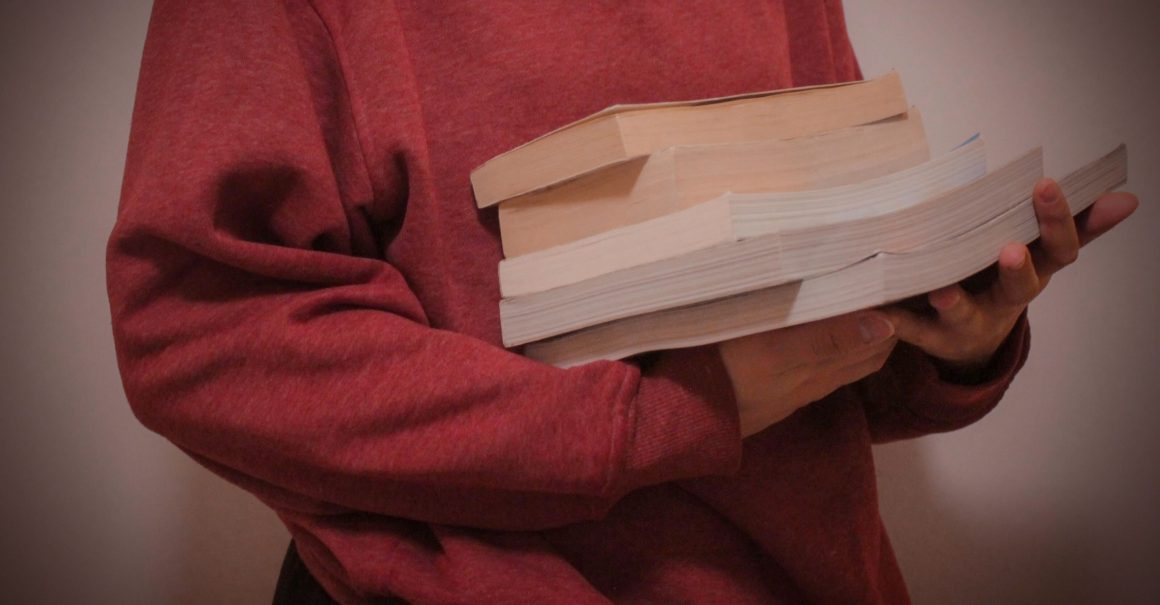
To Kill an Education: Book banning and the problems of censorship
By Jorja Strickland, March 20 2023—
Books — the bane of most students’ existence. Although most kids would love to hear that there’s one less book on their curriculum that they have to read and analyze, the idea of banning books is not a positive loosening of their education, but a negative reflection of society.
The history of book banning is an extensive one, but recently the U.S. has added more and more to their list, most of which have strong LGBTQ+ portrayals, highlighting racism in America, and conclusively documenting the experience of minorities. In fact, according to PEN America, 41 per cent of the book bans address LGBTQ+ themes, or have LGBTQ+ primary or secondary characters. Moreover, 40 per cent of bans contain protagonists or prominent secondary characters that are people of colour.
This can be seen in The 50 books most commonly banned in America, where LGBTQ+ representation is highlighted in And Tango Makes Three by Justin Richardson and Peter Parnell, an illustrated children’s book based on a true story of two male penguins in a zoo forming a bond. They are given an egg by zookeepers and are able to raise the chick, Tango, as their own. Also making the list is Dear Martin by Nic Stone, where the protagonist, a Black student named Justyce, experiences a dangerous encounter with white police officers. The types of books that we are banning are legitimate stories, some as wholesome as two male penguins adopting a chick, while others are intense and unapologetic, yet all are forced away from the hands of developing youth. The problems with this are numerous, fostering an ignorance and denial that grows with young children into adulthood.
Censoring young children never poses a stable solution, on the contrary, it heightens the problem. For example, consider abstinence-only sex education. The lack of knowledge is not preventing teenage pregnancies, just preventing safe sex between young adults. Now with censorship of books, we have taken the aspects of society that many are too scared to properly acknowledge, concerning social issues of race and LGBTQ+ minorities, as well as scenes of sexual content, and thus connecting the dots with abstinence education.
Some of the most banned books include novels such as Gender Queer by Maia Kobabe, The Hate U Give by Angie Thomas and The Absolutely True Diary of a Part Time Indian by Sherman Alexie. Many people can connect with the identities portrayed in these books, yet don’t get to read about them in an educational environment. The authors themselves are inspirational, filling the world with perspectives and stories that are long overdue for their deserved place in the spotlight. Instead, students are left with the classics of Romeo and Juliet — which I would be horrified if anybody can relate to — as well as others such as The Great Gatsby and Great Expectations, whose authors all fit a very limited profile.
The point is that students should be given the freedom of reading in order to find connection and acceptance in books. To be able to enjoy a story because they see themselves in it. They should not be relegated to the same archaic characters that are deemed acceptable by people with more power than them to decide the extent of good literature. Knowledge is power. Isn’t that what we always tell kids as they fight against math homework, English essays, and science labs? Knowledge is power, but apparently only certain knowledge. Knowledge based around a specific demographic, knowledge that isn’t too controversial, knowledge that follows the mainstream views.
Children, still learning, still growing, still figuring themselves out, should have every opportunity to expand on their viewpoints, on their cultural understanding and identity comprehension, yet when books are banned in school libraries and classrooms, we are limiting generations that are meant to be expanding. Having gone through high school reading three different Shakespeare books and no books by Margaret Atwood, Toni Morrison, or Maya Angelou, I never got the chance to experience analyzing a woman’s words in literature — this is probably for the best, for I would have gone way over the page limit and been stuck in the exam room for hours.
However, the truth remains that others have doubtlessly had the same problem as me, probably more so than my own understanding. In society, we need these diverse perspectives in our education — they may be harsh and blunt, with sharp edges that do more than leave paper cuts, but exposure is much more beneficial to the youth than padded ignorance. It might make some people uncomfortable, but that discomfort should be explored and recognized as the parts of history that we are ashamed of and too scared to acknowledge in the present to those leading our future.
Ignorance is not the answer and this censorship does nothing but permit ignorance and dismissal of people who should instead be highlighted in our diverse society of expansive individuals. Schools are a place of progression, advancement and evolvement — of transformation. Our youth’s development should not be deprived before they even get the chance to flip the page.
For further reading, please consider a few novels from a list of the most banned books in America, or, as I consider it, books to read out of spite:
- How to Be an Antiracist by Ibram X. Kendi
- The Truth About Alice by Jennifer Mathieu
- Speak by Laurie Halse Anderson
- Dear Martin by Nic Stone
- The Handmaid’s Tale by Margaret Atwood
- The Bluest Eye by Toni Morrison
- This Book is Gay by Juno Dawson
- The Kite Runner by Khaled Hosseini
- “The Hate U Give by Angie Thomas
- Me and Earl and the Dying Girl by Jesse Andrews
This article is a part of our Voices section and does not necessarily reflect the views of the Gauntlet editorial board.
